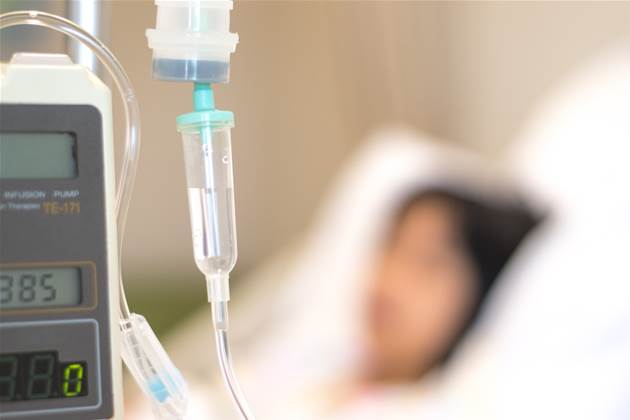The federal government has invested $33 million into Australian supply chains with Australia’s sole critical IV medical fluids receiving support.

An article entitled Supply Chain Resilience Initiative indicates that 27 successful application are to share in funding in the first round with applications for Round Two opening on the 6th of December.
IV manufacturer Baxter Healthcare will receive up to $2 million to manufacture over 50 million units, with Strike Energy also receiving up to $2 million to establishing a large scale facility using natural gas and green hydrogen for agricultural fertiliser.
“The COVID-19 pandemic has showed us the importance of resilient supply chains and manufacturing capability within Australia — especially for critical products,” said minister for industry, energy and emissions reduction, Angus Taylor.
“Whether it be to ensure we have life-saving medicines, or that our farmers have the agricultural production chemicals they need to keep producing food for Australians, we want to secure our capabilities to make what we need.”
Round two grants will fund projects in the areas of semi-conductors and water treatment chemicals, building on existing collaboration with the telecommunications sector to sustain operations.
According to the criteria listed on the government’s website, the program aims to:
• improve Australia’s resilience to future supply chain shocks
• facilitate diversification of supply options and increase investment in the economy
• enable diversification into export markets and reduce reliance on domestic markets
• improve collaboration between domestic and international manufacturers and suppliers
• mitigate supply chain risks for critical products
• enhance visibility and transparency of the supply chain for critical products
• accelerate digitalisation and deeper integration of technology
• optimise supply chain performance
“These projects, with the Government’s support, will grow Australian manufacturing, build capability and support, and create crucial jobs in Australia.”
Applications for Round two must demonstrate how projects address vulnerabilities identified in the Sovereign Manufacturing Capability Plan and how they are working with industry to identify supply options.


.png&h=140&w=231&c=1&s=0)

_(23).jpg&h=140&w=231&c=1&s=0)
_(20).jpg&h=140&w=231&c=1&s=0)





 iTnews Executive Retreat - Security Leaders Edition
iTnews Executive Retreat - Security Leaders Edition
 iTnews Benchmark Awards 2026
iTnews Benchmark Awards 2026
 iTnews Cloud Covered Breakfast Summit
iTnews Cloud Covered Breakfast Summit
 The 2026 iAwards
The 2026 iAwards












_(1).jpg&h=140&w=231&c=1&s=0)



